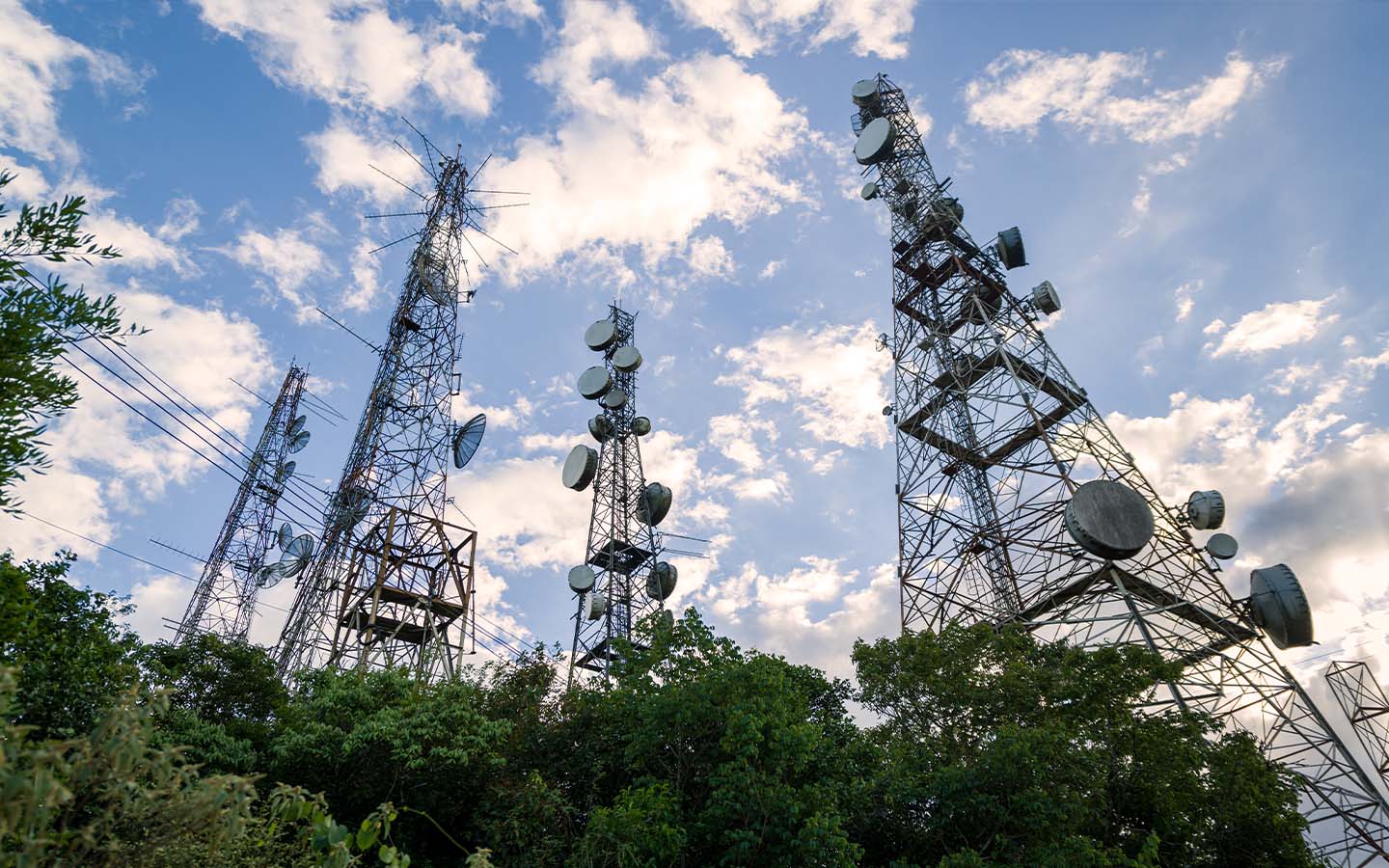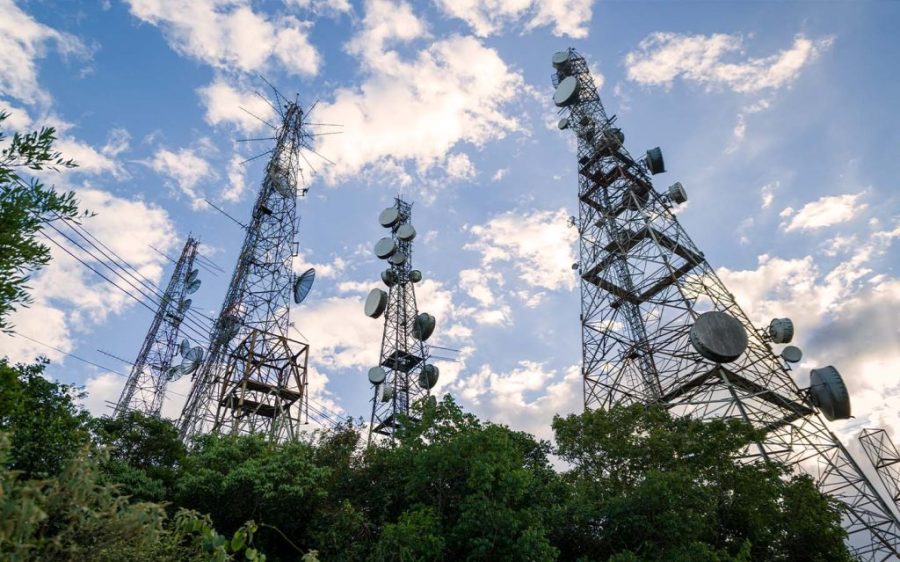Brazil is negotiating to bring Chinese satellite company SpaceSail to Brazil, eager to diversify the local market and counter the dominance of Elon Musk’s Starlink.
Talks between the two parties began in August against the backdrop of heightened tension with Musk. At the end of that month, X (formerly Twitter) was banned in Brazil, the victim of its owner’s continued refusal to comply with Brazilian court orders. Starlink, Musk’s satellite internet company, initially refused to comply with the ban and saw its assets frozen. While an about-face from Musk led to X being reinstated in October, concerns about the mercurial, right-wing billionaire and his monopoly of the satellite internet market remain.
Brazilian telecommunications secretary Hermano Barros Tercius has meanwhile confirmed plans for a partnership with China to the BBC. The signing may come later this month as Chinese President Xi Jinping arrives for a state visit to the South American country on 20 November.
[See more: Brazil and China are set to launch a new satellite]
No specific timeline for SpaceSail’s operations in Brazil has been set, but the privately owned company aims to begin operations there by 2025, after obtaining the necessary authorisations from Anatal, Brazil’s national telecommunications agency, to build infrastructure for its satellites.
A proposal from Brazil to conduct satellite launches from the Alcântara Space Center (CEA) may help speed things up. Brazil is also in talks with China to bolster their cooperation in space with the construction of a geostationary satellite (one that moves in tandem with the Earth’s rotation to maintain a fixed position). The satellite could potentially be used to support Brazil’s defence systems as well.
Shanghai-based SpaceSail currently has just 18 satellites operating in low Earth orbit, launched in August of this year, but plans to launch up to 15,000 by 2030. Starlink began launching satellites in 2019 and has an estimated 6,000 in orbit – a dominance that has allowed the company to snag 45.9 percent of Brazil’s satellite internet market, which serves 457,000 people or around 1 in every 5 Brazilians. The entry of more companies into such an important market, experts told the BBC, is a positive.






